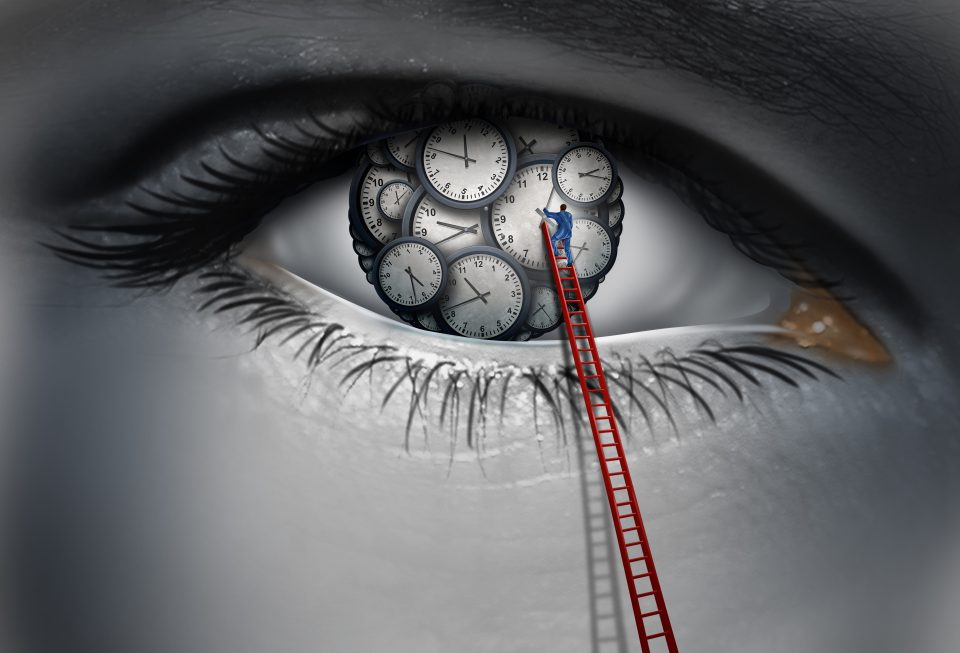
This week we sprang forward. The zombie apocalypse has begun. Daylight savings is here and this week we are trying to adjust to the time difference by injecting high volumes of caffeine and pushing ourselves to the max. But how do we survive daylight savings while being good to ourselves?
We all have an internal clock, which is also called our circadian rhythm. It is our natural 24-hour cycle. Our built-in biological clock regulates our sleep patterns. Daylights savings happens in the spring and fall as a means to adjust to the sun and moon patterns. This process gives us the most hours of daylight, which in turn allows us to be more productive. However, for many people, this simple one-hour change causes a myriad of disruptions.
There are three factors that determine how daylight savings could affect you:
- Personal health
- Sleep habits
- Lifestyle
If you are not doing well this week, rolling out has your back. We have compiled ways to help you forge through daylight savings season like a trooper.
According to the Sleep Foundation, the first thing people who experience daylight savings disorders report is sleep cycle disruptions. One hour of time change equals one day of adjustment; so it may take awhile. Nevertheless, here are the hacks you can try if you experience disruptions and any daylight savings issues by adjusting your patterns in the following ways:
- Your circadian rhythm is natural and internal. However, your environment is influenced by it. It is important to follow a regular sleep schedule to remain balanced.
- Create a block schedule for your life and make sure you give yourself seven hours of sleep nightly. On the weekends, you can be a zombie.
- Create a sleep haven. Remove electronics from your sleeping quarters. Create sleeping rituals. Taking a hot bath before bed or writing your thoughts in a journal, are calming rituals that can improve your sleep. Chamomile tea has been used for generations to help with sleep.
- If you have sleeping issues, light from devices and computer screens might be something that you need to regulate. Light is a cue. It also controls melatonin, which is your body’s natural sleep mojo.
- Tip: get a lot of light during waking hours. Sunlight boosts your serotonin level, which elevates mood. However, when it is nighttime, opt for dark rooms for sleeping and resting. Invest in black-out curtains.
- Avoid caffeine and sugar after 3:00 p.m.
- Keep the room temperature at an ideal temp which is 60-67 degrees and make sure you have comfy blankets on deck.
- Play binary beats and healing frequency music on Youtube. If you type in “Black Screen Binary Beats” into the Youtube search box, your television screen will play music that only has a “black screen” so you can sleep while you listen.









